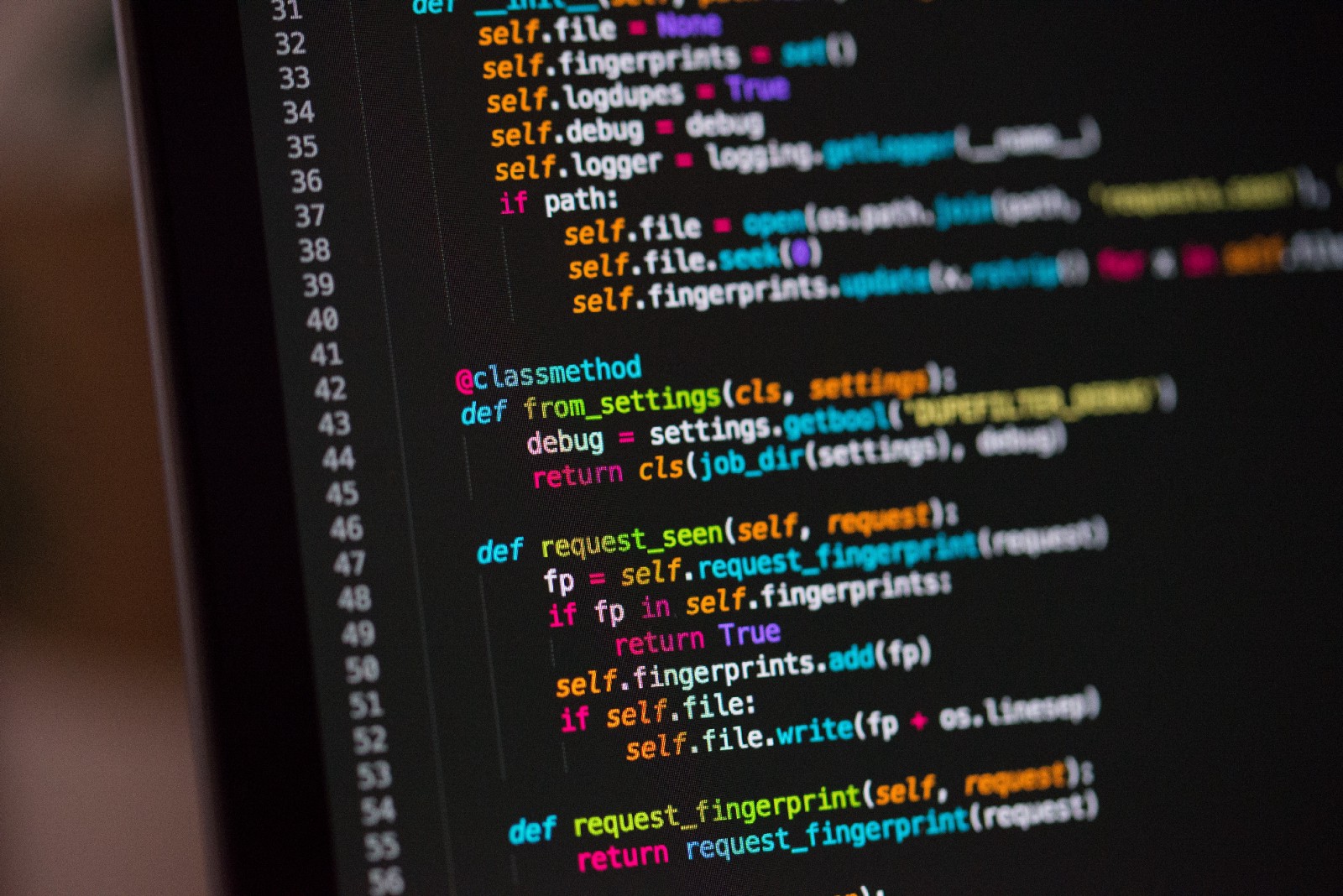What Is Blockchain And How Does It Run?
The main role of blockchain is collecting digital data. Its uniqueness is in the method of doing this. This data is placed in “a chain of blocks”. This chain is what makes data constant because once your file is chained, you can’t modify it. The blockchain is the greatest method for caching permanent data. To make operations in these complicated systems easier, blockchain uses hashes (private keys) and algorithms for their verification. Some of these algorithms may be familiar to you: Proof-of-Work, Proof-of-Stake, and so on. The very first project that applied this technology was Bitcoin.
Why Should You Use A Blockchain Platform?
Privacy
For registering on to Bitcoin’s blockchain, also known as Bitcore, you need to provide some personal information such as name, ID number, email, etc. However, as soon as you’ve registered, this information won’t be available to anyone. You’ll have two keys: public and private. These keys are the only thing you’re required to own for executing transactions, and you’ll stay anonymous as long as you don’t make your private key public. And this is how privacy is upheld on the blockchain system.
Security
Cryptography is what gives the system its protection. It is the process where you can open a message or get your funds solely if you have matching keys.
Decentralization
This is one of the best features in the system. The advantage of decentralization is that there’s no central controlling institution or person. Everyone registered in the network controls the chain equally.
List Of Blockchain Programming Languages
It is not easy to learn a programming language from scratch. However, learning blockchain programming is worth it, as it has a promising future. Keep in mind that this is a long road you’re going to pass, and there are multiple things you need to read, watch, and learn about. So, let’s have a look at the best programming languages for blockchain.
1. C++
Bjarne Stroustrup developed this language in 1985 and is the oldest programming language you can apply in the blockchain. C++ is an object-oriented language that has some advantages for beginners. Additionally, reapplying it on several platforms is possible. Numerous blockchain-related projects are practicing this language. It is considered as one of the greatest to study to get into the theme, but it won’t be easy. This language has some features, which makes it more preferable for blockchain coding. C++ offers better memory control, which is necessary for blockchain to make a secure network which will help in accomplishing transactions and communicating with multiple nodes at a quicker rate. While working with C++ as a programming language for your blockchain, you’ll have an opportunity to do some jobs distinctly, thus improving the production of the complete digital ledger. This language is object-oriented, and one of its properties is polymorphism. C++ is a mature language. It updates regularly and adds features needed in practice like some analytical tools and debuggers.
2. JavaScript
This one is the most popular on the Internet. JavaScript is preferred when you need to build a website with a nice UI. All famous browsers support this language. JavaScript allows building a simple but tamperproof blockchain, which is unlikely to be hacked. The only disadvantage of the language is that it doesn’t have a SHA256 hash function.
3. Solidity
One of the high-level language which combines JavaScript’s scripts, functions, and C++ ‘s classes. Solidity is freshman-friendly and extends some guidance on how to apply its codes. Even though the language isn’t difficult, blockchain engineers who’ve already learned other advanced programming languages have an advantage. The creator of Solidity is the Ethereum team, and it employs Solidity in their system. Moreover, the language makes Ethereum’s network faster and easy for the facilitation of smart contracts. Additionally, Solidity is also prominent in cases when you need to launch an ICO or create a decentralized application (dApp).
4. Python
Guido van Rossum, a Dutch programmer, created Python in 1991. Python has three main components: readability, integrity, and minimalism. This is an ideal entry-level programming language as most programmers would agree. Moreover, it seems that this type of uncomplicated language can’t generate something heavy. However, it is not true. Python works well for creating durable and safe ledgers. This language is scripted, and this is its useful feature. That means it may be compiled and uncompiled. Additionally, if you notice a bug, you can simply fix it in your code and reload the app. This is not possible in C++.
5. GO
GOLang (shortly GO) is a contemporary coding language formally issued in 2012 by Google. This language works in an operating system, which indicates its adaptability, particularly when it deals with different parts of the blockchain simultaneously. Numerous famous platforms are starting applying the GO. For instance, the SDK protocol of Ethereum is produced employing this language.
Why You Should Learn Blockchain Programming
It is no secret that blockchain has massive potential to revolutionize the digital world. In fact, most experts speculate that blockchain could potentially decentralize the entire Internet ecosystem. This is the main reason to learn at least one of the programming languages related to blockchain. The second reason is more practical – this field is profitable. These days, blockchain programmers take home an annual salary of at least $100,000. Several advanced programmers earn over $170,000 per year. And so, this is a good reason to consider studying blockchain programming. It’s never too late to discover something new. Especially when this innovative experience can bring you a brighter tomorrow. Just remember that nothing is easy in the first stage and keep on trying until you grow into a skilled blockchain programmer.



